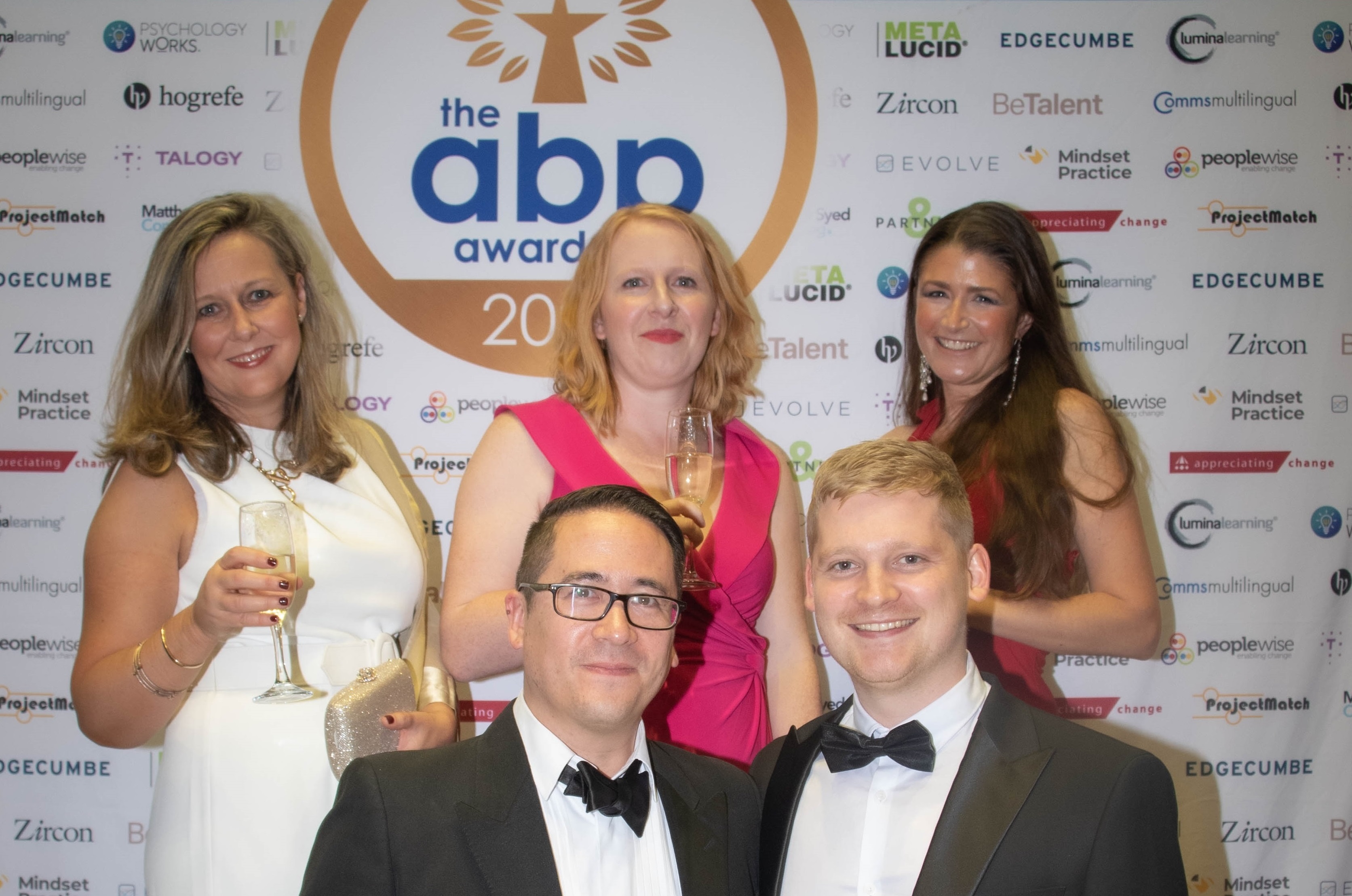Here at Edgecumbe, we love anything that can help with people analytics and employee engagement and wellbeing. As technology advances, many HR professionals are starting to see huge benefits by leveraging different types of software and online resources to save time, increase efficiency and save money.
From free online resources to monthly software subscriptions, these tools can support HR professionals to achieve more in their day. We’ve listed out just a handful of resources we think are useful below:
-
Employee surveys
We may be a little biased here at Edgecumbe Surveys, but we think investing in people and taking the time to understand them better is worth its weight in gold for organisations. As our Head, Heart and Hands model of engagement shows, an engaged employee is going to put their head (intellectual buy-in), heart (emotional buy-in) and hands (motivation and behavioural effort) into their work and the organisation as a whole. This means they will help the organisation achieve more.
Employee engagement is key to building a motivated, committed, healthy and high-performing workforce. Surveys are a simple and effective way an organisation can identify, track and manage the key factors that have an influence on employee engagement.
Building long-term organisations can’t just rely on recruitment but rather needs to embed employee retention and wellbeing into its culture and character. Understanding how engaged your employees are is a key part of this.
We approach surveys by learning about your organisation and working with you to create surveys that will gain meaningful results for you. We’ll also support you to understand and interpret the results and turn these insights into tangible changes within your organisation.
The value employee surveys offer HR teams by helping to reveal key insights into your employees and their attitudes towards the workplace, means they should always be one of a HR professionals’ go-to resources. To get started with surveys or interviews/focus groups, simply get in touch with our friendly team.
-
Talent acquisition/CV searching
Finding new talent has always been a key part of HR. Sieving through thousands of CVs, organising and running interviews and assessment centres; this part of HR can be time consuming and require a lot of resources. From online job boards, to recruitment automation software, there is a wealth of useful tools out there for finding and refining candidate applications. It doesn’t matter if you use an external recruitment company or do all your recruitment in house, the process can be made more productive by leveraging a variety of tools.
As well as the popular job search websites, there are often smaller but more specific job search websites, designed for certain industries and sectors. This can result in much more qualified applications coming through. There is also software that allows you to post to multiple job listing websites with one single click of a button, to prevent you needing to submit the same job advert lots of times.
“Parsing” technology can extract key information from a CV or application, such as name, address, experience, education, etc. This can then be uploaded to a system or spreadsheet to make evaluating candidates easier and quicker. Other technology can sync new CV information and send it to the right people to speed up the recruitment process. Automated video interviews can also be a great way HR teams can meet ambitious recruitment targets.
-
Connecting apps/software
Once you start to use a handful of different bits of software (even things like Outlook and Google Drive), you can start to get overwhelmed in data. One solution is to leverage software that “connects” different apps together. These types of software can connect your data instantly, so you don’t have to go in and manually edit things.
For example, if a candidate submits their CV on your website, this data could be synced so all the key information is extracted and stored in a management system. This could then be measured against internal benchmarks and finally, depending on what type of job they’ve applied for (marketing, sales, finance, etc), this information could go directly to the head of that department. All this can happen automatically, without the need for someone in HR to manually go through this. This means a vast amount of time can be saved, helping make HR teams more efficient.
-
Industry benchmarking
Gaining a better understanding of industry standards and benchmarks can ensure HR teams are helping their companies to remain competitive within the market. This is particularly important when opening offices in new regions or entering new markets. Ensuring you can meet the expectations of top talent, will prevent job offers being ignored and turned down and improve employee retention.
There are websites and apps available that allow you to see average salaries, skill levels, sickness absence rates or engagement levels for specific jobs, locations or industries. This helps both employers and employees gain perspective. This means HR teams can quickly evaluate if their pay and reward packages are competitive, whether they need to put in place interventions to improve their absence or engagement levels, or if a candidate is missing skills that the industry would expect them to have.
Here at Edgecumbe Surveys, we can benchmark your organisation’s engagement levels against other organisations within your industry when you conduct an engagement survey.
-
Freelance websites
Freelance websites can be great for certain job types to outsource certain tasks. For small HR teams that may have certain busy periods, being familiar with how to use such websites can mean it is easy to find extra support, allowing you to unload certain tasks and avoid becoming stressed and overwhelmed during busy times.
These freelance websites can also help provide some context in skills and experience in certain industries. This is particularly useful when hiring for new roles. For example, until recently, very few businesses would have thought about hiring a dedicated social media marketer. But in today’s digital world, lots of businesses have whole teams dedicated just to social media. Freelance websites can reveal types of skills, common requests, and other insights to help HR teams evaluate and benchmark candidates.
-
Payroll, expenses and admin tasks
Software and tools that manage payroll, expenses and other admin tasks (such as sickness absences, holiday requests, overtime etc.), can help HR teams streamline internal processes and deliver a better experience for employees.
Organisations that make it clear and easy for employees to make requests, see information related to their pay/pensions, and other elements of HR can help reduce the need for HR professionals to answer lots of questions about individuals’ details. This helps free up time for the HR team and also delivers transparent communication between employers and employees.
Learn more about engagement surveys
To get started with engagement surveys and other people analytics campaigns, then please don’t hesitate to get in touch with us here at Edgecumbe Surveys.
Regardless of what else your HR team get started with, making the most of surveys will ensure retention and employee engagement is looked after.
To learn more, get in touch today.




















